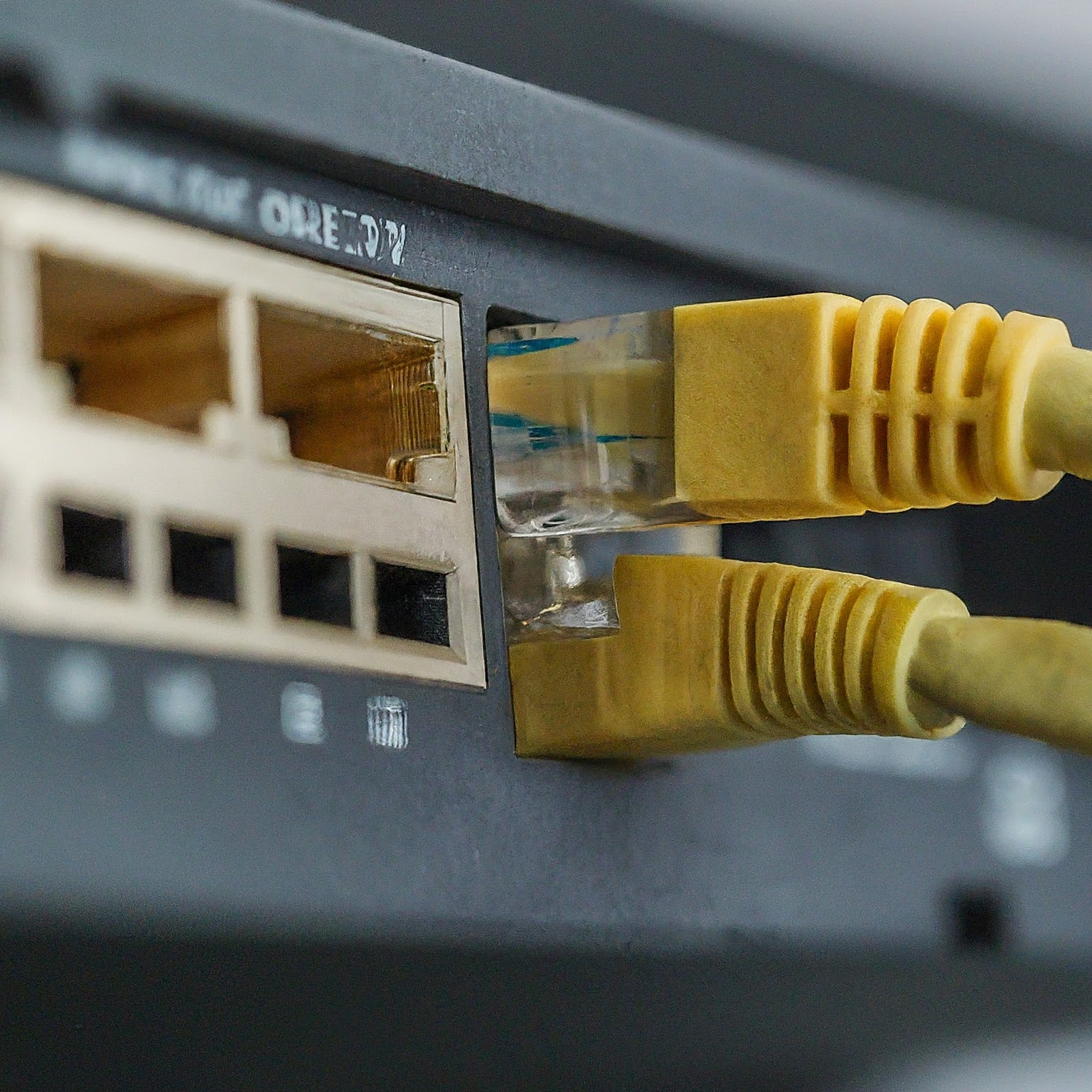In today’s interconnected world, internet services have become an indispensable part of our lives. From communication and entertainment to education and commerce, the internet has revolutionized how we interact with the world. This article explores the various types of internet services, the factors influencing their availability, and the impact they have on individuals and society.

Understanding Internet Services
Internet services encompass a wide range of applications and functionalities that enable users to access and utilize the internet. These services can be broadly categorized into:
- Communication Services: Email, instant messaging, video conferencing, and social media platforms.
- Information Retrieval Services: Search engines, online directories, and databases.
- Web Services: Online applications and services, such as e-commerce, online banking, and cloud storage.
- Entertainment Services: Streaming music, movies, and TV shows, online gaming, and virtual reality experiences.
Types of Internet Connections
The delivery of internet services relies on different types of connections:
- Dial-up: A legacy technology that uses traditional phone lines for internet access.
- DSL (Digital Subscriber Line): Utilizes existing copper phone lines to deliver internet service.
- Cable Internet: Delivers high-speed internet over coaxial cables.
- Fiber Optic: Offers the fastest and most reliable internet connection using fiber-optic cables.
- Satellite Internet: Provides internet access to remote areas using satellite technology.
- Wireless Internet: Includes Wi-Fi, cellular data, and fixed wireless access.
Factors Affecting Internet Services Availability
The availability and quality of internet services vary depending on several factors:
- Geographic Location: Rural areas often have limited options compared to urban centers.
- Infrastructure: The presence of cable, fiber optic, or other infrastructure determines available services.
- Competition: The number of internet service providers (ISPs) in an area affects pricing and service quality.
- Government Policies: Government regulations and incentives can impact internet service deployment.
The Impact of Internet Services on Society
Internet services have transformed society in numerous ways:
- Economic Growth: The internet has fueled economic growth by enabling e-commerce, online businesses, and digital marketplaces.
- Education: Online learning platforms and resources have expanded educational opportunities.
- Healthcare: Telemedicine and health information access have improved healthcare delivery.
- Communication: The internet has revolutionized communication, connecting people across the globe.
- Social Impact: Social media and online communities have facilitated social interactions and activism.
Challenges and Opportunities in the Internet Services Industry
The internet services industry faces challenges such as:
- Digital Divide: Ensuring equitable access to high-speed internet for all.
- Cybersecurity: Protecting users from online threats and data breaches.
- Net Neutrality: Maintaining an open internet without discriminatory practices.
At the same time, the industry presents opportunities for innovation and growth, including:
- Emerging Technologies: Developing new technologies like 5G, artificial intelligence, and virtual reality.
- Expanding Access: Bringing internet connectivity to underserved areas.
- Creating New Business Models: Exploring innovative ways to deliver internet services and generate revenue.

Conclusion
Internet services have become an integral part of modern life, enabling communication, education, business, and entertainment. As technology continues to advance, the demand for faster, more reliable, and affordable internet connections will only grow. Addressing challenges and embracing opportunities will be crucial for the future of the internet services industry.